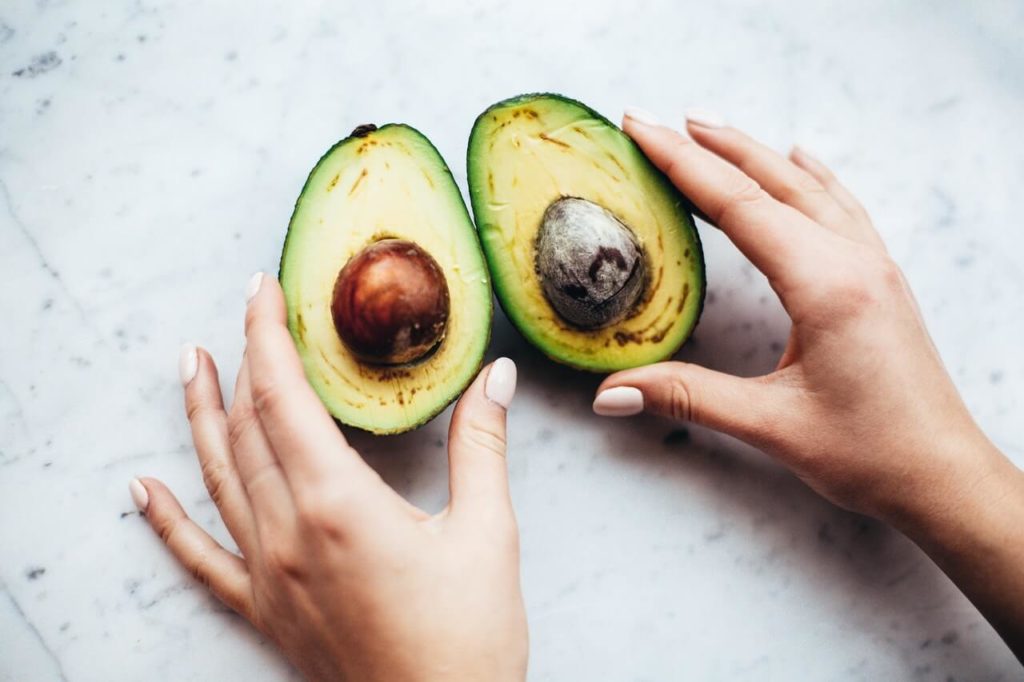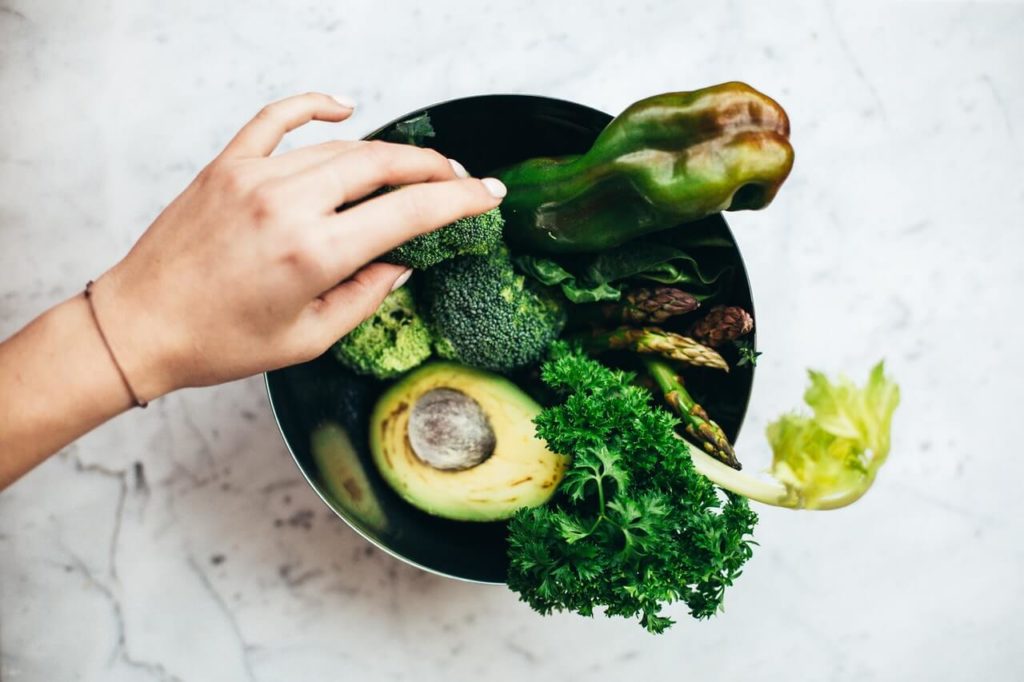If you are discovering keto and want to research it to see if it’s right for you, chances are you’ve seen lots of talk about the liver and the keto diet.
Why is this a thing? Why do people worry about the health of their liver when it comes to the keto lifestyle?
It is because there is a belief that following the ketogenic diet can put you at risk for NAFLD, or non-alcoholic fatty liver disease.
This was, at one time, a rare condition. Now it is common. Over a quarter of the Western world has it, and over a billion folks worldwide are affected. Even kids are dealing with the disease.
So, is it dangerous? Well, the answer is no. Part of the reason such a rumor got started might be because there was one study performed in which long-term following of the keto diet in mice encouraged NAFLD in the rodents.
But as we know, it’s important to take breaks from keto every now and again and provide your body with healthy carbs or even carb refeed days.
As a matter of fact, eating keto-friendly foods and following the keto diet could actually HELP NAFLD.
Let’s discuss why.
Understanding NAFLD
It is a disease in which an excess of fat is stored inside the liver. Everybody has a bit of fat in the liver, but those affected by the disease have a liver made up of 5% or more fat.
Years ago, this disease was only present in people who drank alcohol in excess on a regular basis. But there are other factors at play here, as indicated by the name of the affliction once the criterion for NAFLD is possessing a fatty liver but consuming no more than 30g of alcohol a day.
Some folks might only have what is known as nonalcoholic hepatic steatosis, which is the early stage of NAFLD. It might never progress beyond this stage, and significant damage to the liver is not sustained.
But in about 30% of these cases, the fatty liver gets worse and becomes what is known as NASH or non-alcoholic steatohepatitis. The liver ends up injured and inflamed. And when repair attempts are made, scar tissues are made, and the condition known as fibrosis sets in.
Some of these NASH cases might lead to cirrhosis, which is a precursor to failure of the liver.
Only a small amount of NAFLD cases get to the NASH stage, followed by cirrhosis. But NAFLD is still a serious health issue. It could lead you to an increased risk of type 2 diabetes and heart disease.

What If I Have NAFLD?
If you suspect you may have this disease, it’s time to get tested. Here are some risk factors that leave you open to the development of NAFLD.
- Some people are predisposed to the development of NAFLD because of their inheritance of genetic variants that raise their risk for the ailment. But research is still being conducted regarding this.
- Having too much weight around your middle. Because it is heavily connected to higher insulin levels, having a large waist size puts people at a higher risk for NAFLD, even if BMI numbers are normal.
- Resistance to insulin. If you have a condition that makes you resistant to insulin, such as type 2 diabetes, or metabolic syndrome, you are at risk for NAFLD. We don’t know why this is, but insulin resistance and high insulin levels are promoters of excessive liver fat storage.
If you have concerns about this disease, you can diagnose it using laboratory testing. CT scans or ultrasound may be utilized. By speaking to your doctor, he or she can help you get tested using one of these methods, and treatment can start if necessary.
What Can Keto Diets Do for Those Affected By NAFLD?
- Bring down insulin levels
- Reverse the disease
- Lower liver fat
- Offer a satisfying, healthy, and sustainable way to eat.
- Keep appetite at bay, encourage weight loss, and improve the health of the heart.

How Does This Lifestyle Help?
Because a large number of folks affected by NAFLD happen to be overweight, they are often told by healthcare providers to follow low-calorie diets. But these diets are hard to follow on a long-term basis, and a very low-calorie diet leads to overeating after a while.
Even more, they don’t do much to fix the root of the NAFLD problem.
But keto eating can help. Here are some reasons why.
Offer a satisfying, healthy, and sustainable way to eat – Keto diets and low carb diets are absolutely sustainable. They are easy to follow long-term with willpower and support from others. There are plenty of delicious foods dieters can enjoy in moderation, including treats like cake, smoothies, and comfort foods, along with classic healthy dishes that taste great.
Keep appetite at bay, encourage weight loss, and improve the heart’s health- Keto diets are great for reducing appetite, as evidenced by many studies and anecdotal evidence. People who follow keto closely usually eat less and lose belly fat without intentionally restricting their intake. Lowered blood pressure, blood sugar, and blood triglycerides are also some benefits of this diet.
May Reverse NAFLD- Ketogenic eating could actually reverse the disease or at the very least prevent it from progressing. A 12-week study was performed in which participants affected by NAFLD and metabolic syndrome consumed a Spanish Mediterranean diet. At the end of the study, 13 out of the 14 participants noted a decrease in their levels of liver fat, while three actually resolved their NAFLD completely.
In a different trial, participants affected by NAFLD consumed a diet that involved them eating 20g of carbs a day for 6 months. At the close of the study, four out of five patients noted that fatty liver, fibrosis, and inflammation had improved.
Reduce insulin levels- a diet low in carbs can significantly boost insulin sensitivity in people affected by NAFLD, and it can be fast, too. One study performed in which participants affected by NAFLD did a keto diet for 6 days and noted a 58% decrease in their insulin resistance plus a 53% decrease in their insulin levels. These low insulin levels allowed fat of the liver to break down and convert to ketones, stated the researchers.
Lowers Liver Fat-We know that consuming too many carbs will raise our liver fat storage, so cutting carbs will have a positive effect. Studies show this is what happens. There was an 8-week randomized controlled trial, which was made up of 106 participants, all with NAFLD. They ate a low carbohydrate diet and enjoyed reductions in their liver and abdominal fat that were greater than those on the low carb diet.
I Want to Help My NAFLD. How to Get Started with A Low Carb Lifestyle?
Once you’ve got the go-ahead from your doctor, you can comb through our articles to help you get started with low carb eating.
We’ve even got a 28-day challenge that helps you get started.
There are plenty of keto cookbooks out there that can help you learn about healthy breakfasts, lunches and dinners, even desserts.
And you don’t have to get into it right away. It’s very important to listen to your body and ease into low carb eating.
You will also need to ensure you get an adequate amount of protein, so you can maintain your lean muscle mass and stay satiated. Aside from this, higher protein consumption may help lower liver fat in those affected by NAFLD and type 2 Diabetes.

Other Things You Can Do
- Curcumin and turmeric: Before we talk about this, if you take blood thinners, make sure you speak to your pharmacist or doctor before consuming these spices.
In Indian food, turmeric is a popular spice that gives this cuisine its beautiful color and distinct flavors. Turmeric and curcumin, the active component, can help bring down liver enzyme numbers for people with NAFLD. It may also help with the reduction of waist size in those who are affected by metabolic syndrome or are overweight.
So, try out this spice if you haven’t done so already. Make some curries or other dishes that call for the spice. You can also take a supplement with the spice (but make sure you talk to your doctor first).
- Eat Fatty Fish- Mackerel, anchovy, sardines, and salmon are all great tasting, and you should try to incorporate them into your diet at least twice per week. These fish are loaded with Omega 3 Fatty Acids, which are helpful in the reduction of triglycerides, GGT, and liver fat in those affected by NAFLD.
- Get your workout in-. Getting active can help you lower your resistance to insulin as well as liver fat. What sort of exercise should you do, and for how long? One study suggests that 45 minutes of resistance training or aerobic exercise just 3 times per week is good for those with NAFLD. I encourage you to do more if your body and schedule allow- because it feels good, and you will love the benefits. (Personally, I work out 5 days per week for 1 hour, and I feel good, but that’s just me, and everybody has to listen to what their doctor suggests!)
Conclusion
Thanks again for taking the time to learn about what following the keto diet can do for you. It is a misconception that keto harms our liver, but actually, research indicates the opposite is true.
If you are interested in trying keto and you have NAFLD, this could very well be a solution to what ails you. Just make sure you make an appointment with your doctor first to go over any risks.
I hope you found this article helpful. Keep it keto, get your daily exercise in, and enjoy the health benefits!

